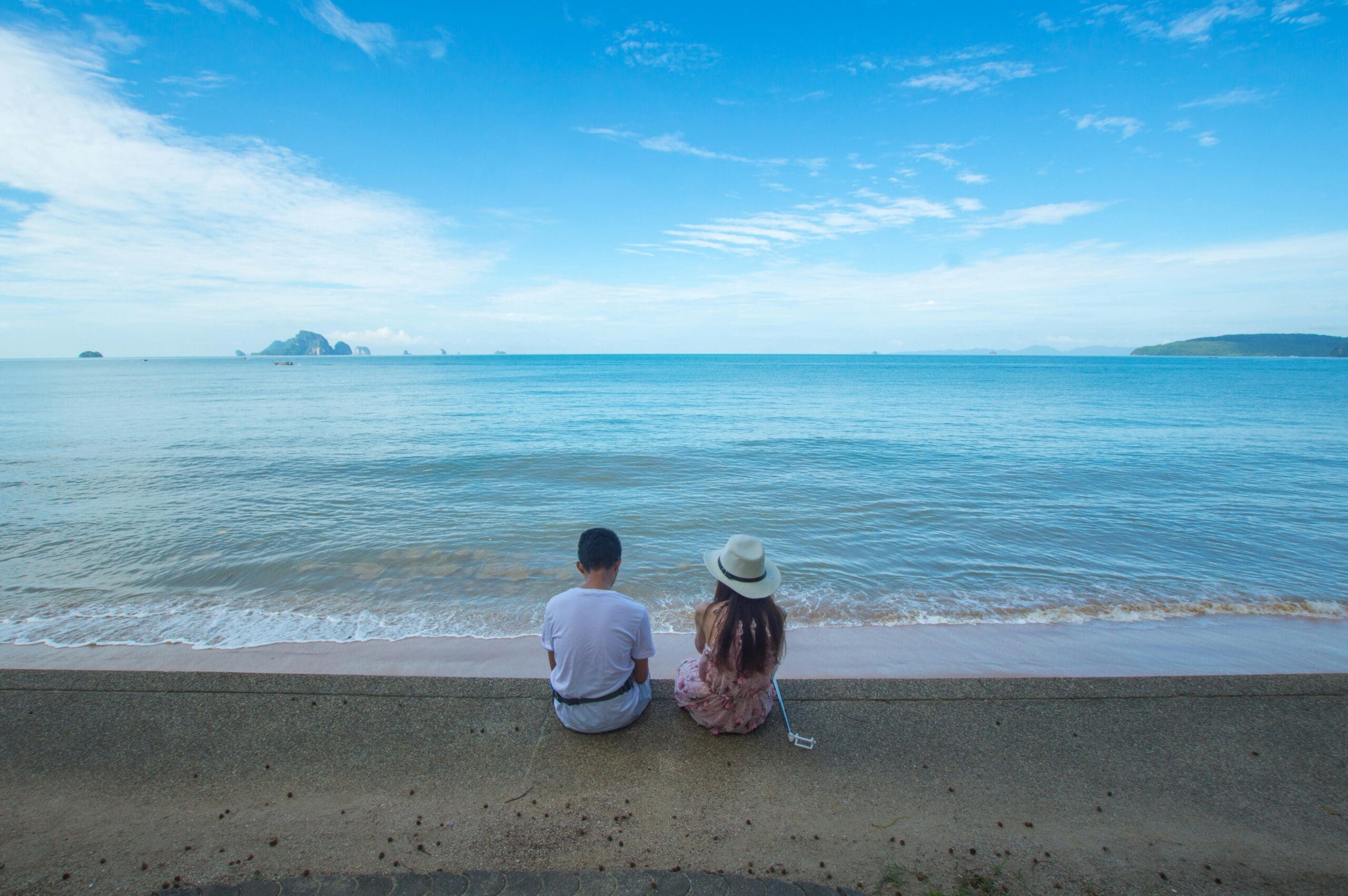
What is a DTV Visa Thailand?
The Thai Government has confirmed the DTV Visa Thailand from July 15th 2024. This new visa, also known as the “digital nomad visa” by many, is aimed at taking advantage of the growing demand for working abroad or away from home.
The DTV Visa allows holders to stay and work in Thailand as a freelancer, digital nomad, or remote worker for up to 5 years. Each DTV Visa is issued for 180days, allowing the holder to extend for another 180days (or one year altogether). After one year if you wish to stay longer you will have to leave the country and re-enter. You can repeat the process for up to 5 years.
There is good news for those who wish to stay in Thailand without working too. The DTV Visa also covers non-workers under the “Thai Soft Power” category. If you plan to attend Thai boxing or cooking classes, participate in sports training, undergo medical treatments, take short-term educational courses, take part in seminars, or join artistic or musical festivals you can also apply for the DTV Visa.

How To Qualify for the DTV Visa
Please keep in mind that the DTV Visa is a new category, and therefore information will be subject to change. To apply for a DTV, you must fall under one of the following three categories:
- Workcation (Digital Nomads, Freelancers, Remote Workers)
- For those that have employment for a company or work as a freelancer or influencer.
- The Government has suggested that not everyone will be able to apply for this and there will likely be a minimum income, specific employer requirements, or social media follower count minimums required.
2. Thai Soft Power Activities
- Muay Thai courses
- Thai cooking courses
- Sports training
- Medical treatment
- Seminars
- Music festival
The Government is yet to release details on specific activities and institutions to be approved.
3. Dependent of Thailand DTV Holders
- Dependents include children younger than 20 years of age and spouse.
- There is no limit to the number of dependents you can bring to Thailand.
- Each dependent must apply separately.
What are the Requirements for a Thai DTV Visa?
As suggested the rules around the DTV are changing regularly and what the Government requires can differ day to day while the policy gets settled in. We suggest you use a visa agent to make sure that you have the best chance of a successful application.
The cost of the DTV Visa is 10,000baht (180days)
-
- Passport
- Passport Photo
- Document Showing Current Location
- Evidence of Financial Assets
- Amount of no less than 500,000 THB (check with local embassy)
- Bank statements, payslips.
- Proof of Purpose of Visit:
- Workcation: Employment contract, employment certificate from your country, or a professional portfolio showing your work as a freelancer.
- Thai Soft Power: Proof of confirmation to attend the activity or a letter of appointment from institution.
- Dependent of Primary DTV Holder: Proof of relationship – Spouse (marriage certificate); Child (birth certificate or certificate of adoption).

Process for applying for the DTV Visa
1. Contact your local Thai Embassy to help you with the process. Each embassy have slightly different requirements or specifications. Call before visiting to make sure that you have everything that you need.
2. Use the Thai e-Visa portal (https://www.thaievisa.go.th). This process will still pass through your local embassy, so make sure to contact them if you are unsure of the local embassy requirements.
3. If you need help with your application use a visa agent such as One The Visa. We offer free consultation. If you wish to use our paid services we will walk you through the process, help you to fill in and check documents and can even submit your application for you. A qualified Visa Agent can significantly increase the chance of your application passing.
Extending the DTV Visa
Once you are in Thailand and have your first DTV Visa, you can extend this for another 180 days with the local immigration office. Once the extension has finished, you will have to leave the country and re-enter to get another 180days. You can do this for up to 5 years.
The extension should be a simple process requiring a visit to immigration. Again, the details of this may change and additional documents may be needed. We suggest contacting immigration or a visa agent at least one month before your visa is due to need extending.

FAQs regarding the DTV Visa
How long can you stay in Thailand on the DTV visa??
The Thai DTV visa means you can technically stay in Thailand for up to 5 years. You will initially receive 180days, in which you can extend for another 180days. After that you will need to leave the country and re-enter to get another 180 days. You can do this for up to 5 years. However as a reminder, this is a new visa and it could be subject to change over that period.
Is the DTV visa cost efficient
The DTV visa will cost 10000baht for 6 months (20000 baht per year). This seems like a reasonable price for the length of stay, but it must be noted that you need to have 500,000baht in your account. If this is a problem talk to OneTheVisa as we may be able to help. If you are planning on the Thai Soft Power route you will also be paying for the institution on top of your visa fees.
Which version of the DTV Visa should I apply for?
If you aren’t sure which type of DTV Visa you can apply for, contact a visa agent such as OneTheVisa. They offer free consulation and can discuss your options.
Do I pay Thai taxes on my foreign income?
This depends on which country you are from. Some countries have a double tax agreement which means you only pay tax in one country. Make sure to contact a qualified accountant from Thailand when you plan to commit to the Visa.
What other visa options do I have?
There are other visa options such as the Thai Elite Visa or LTR Visa. Each of these also have their own pros and cons. We suggest that before making any decision about which route is best for you, contact OneTheVisa. All initial consultations are free and we are happy to help guide you.
